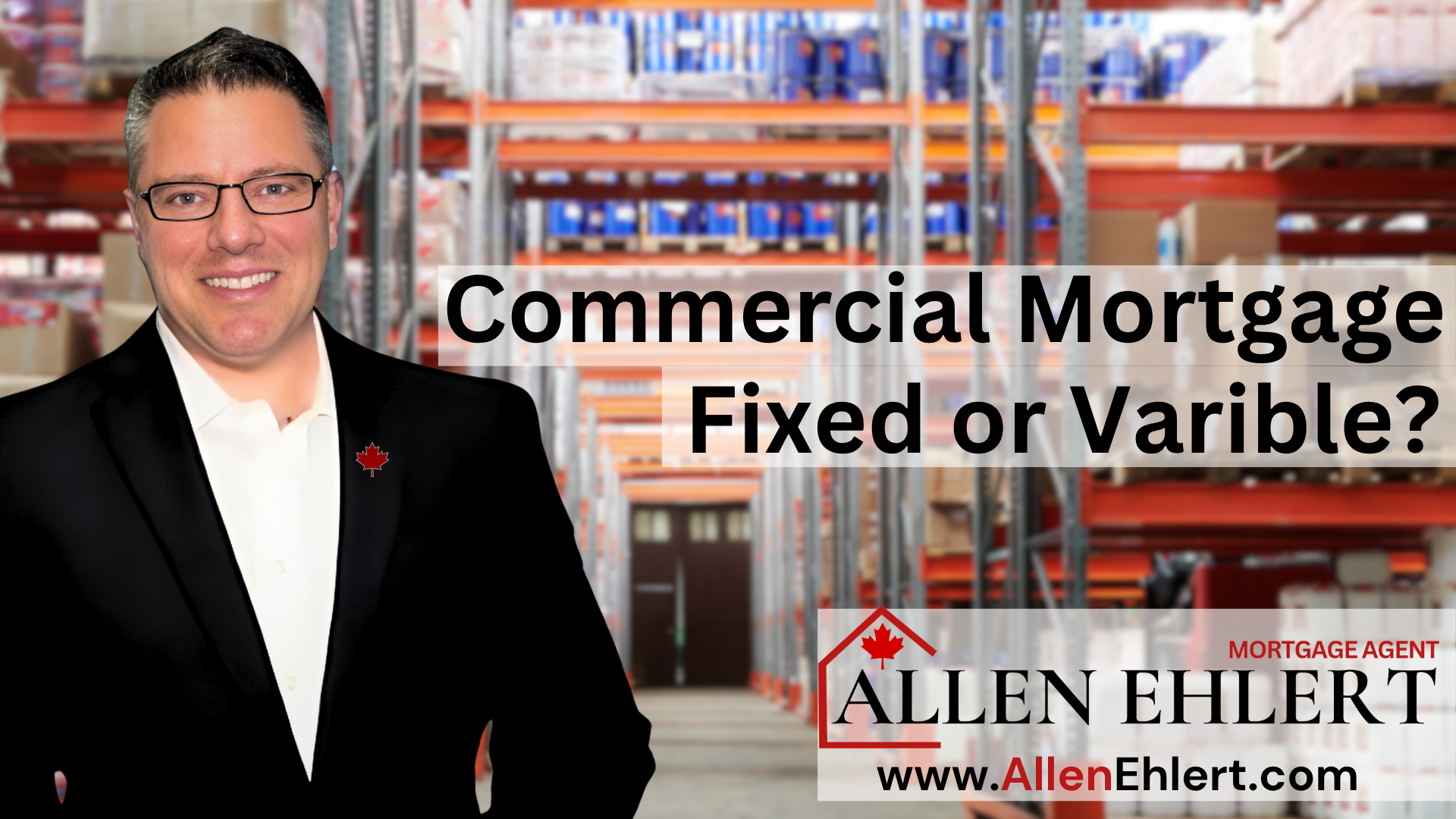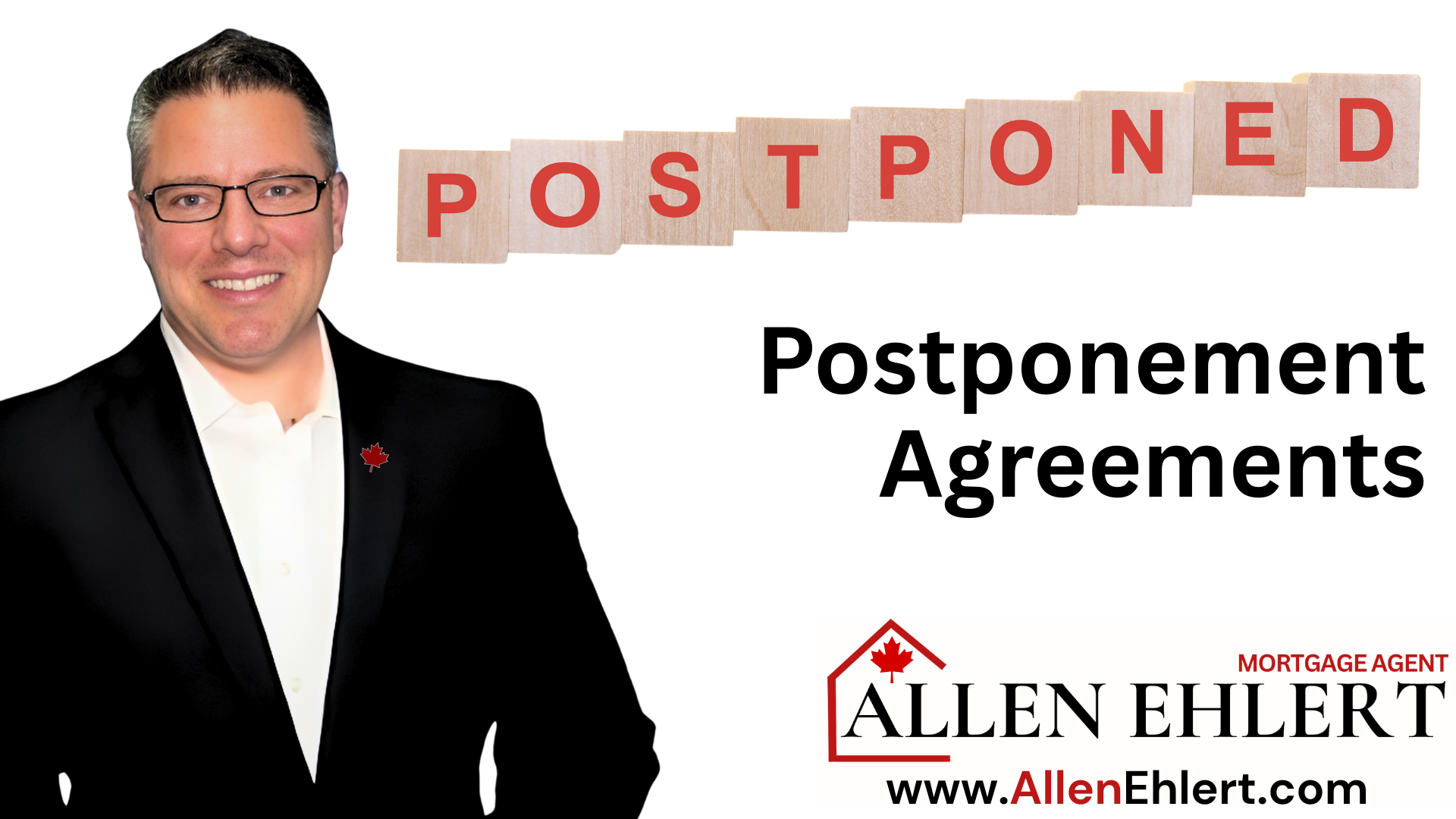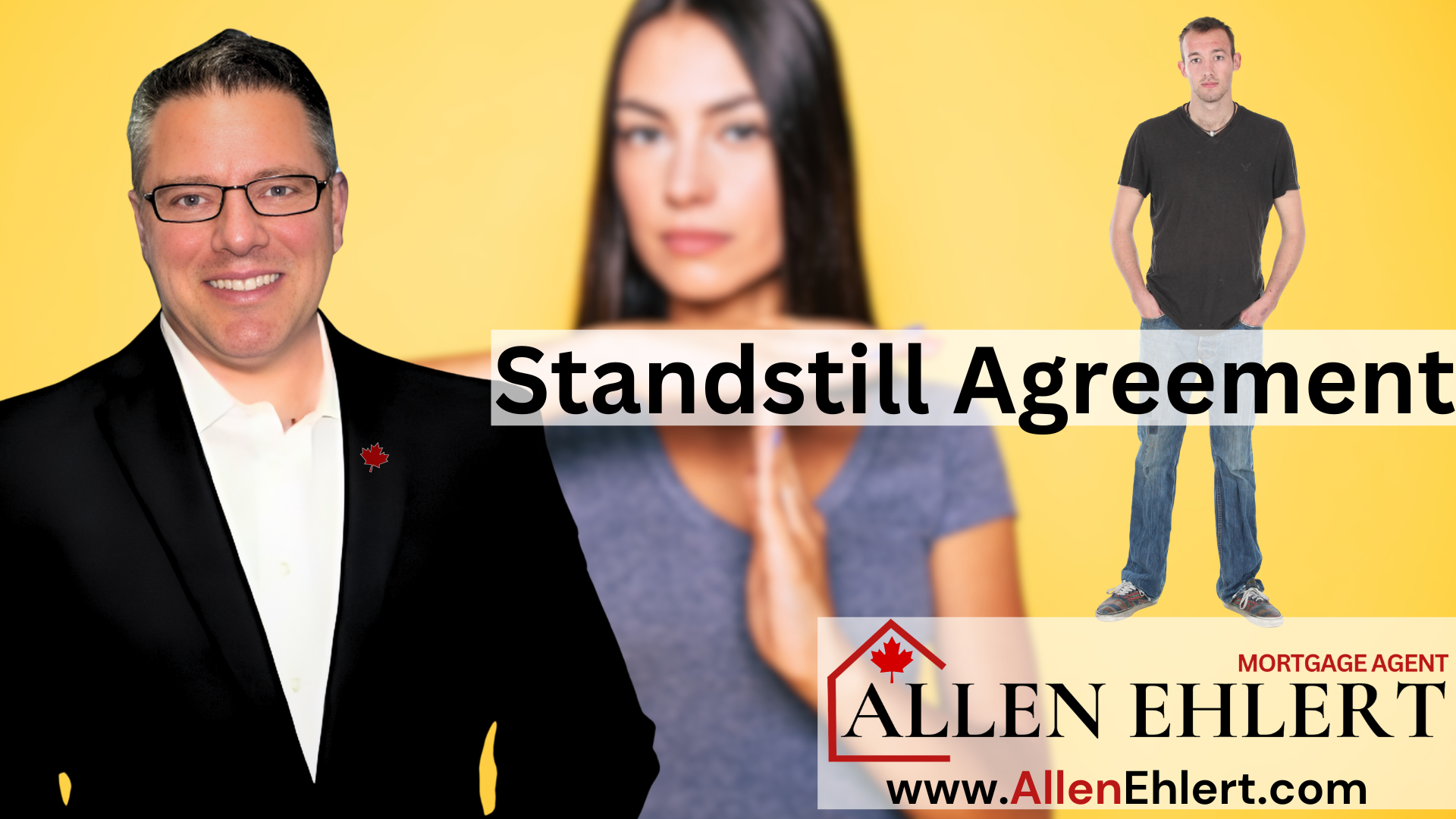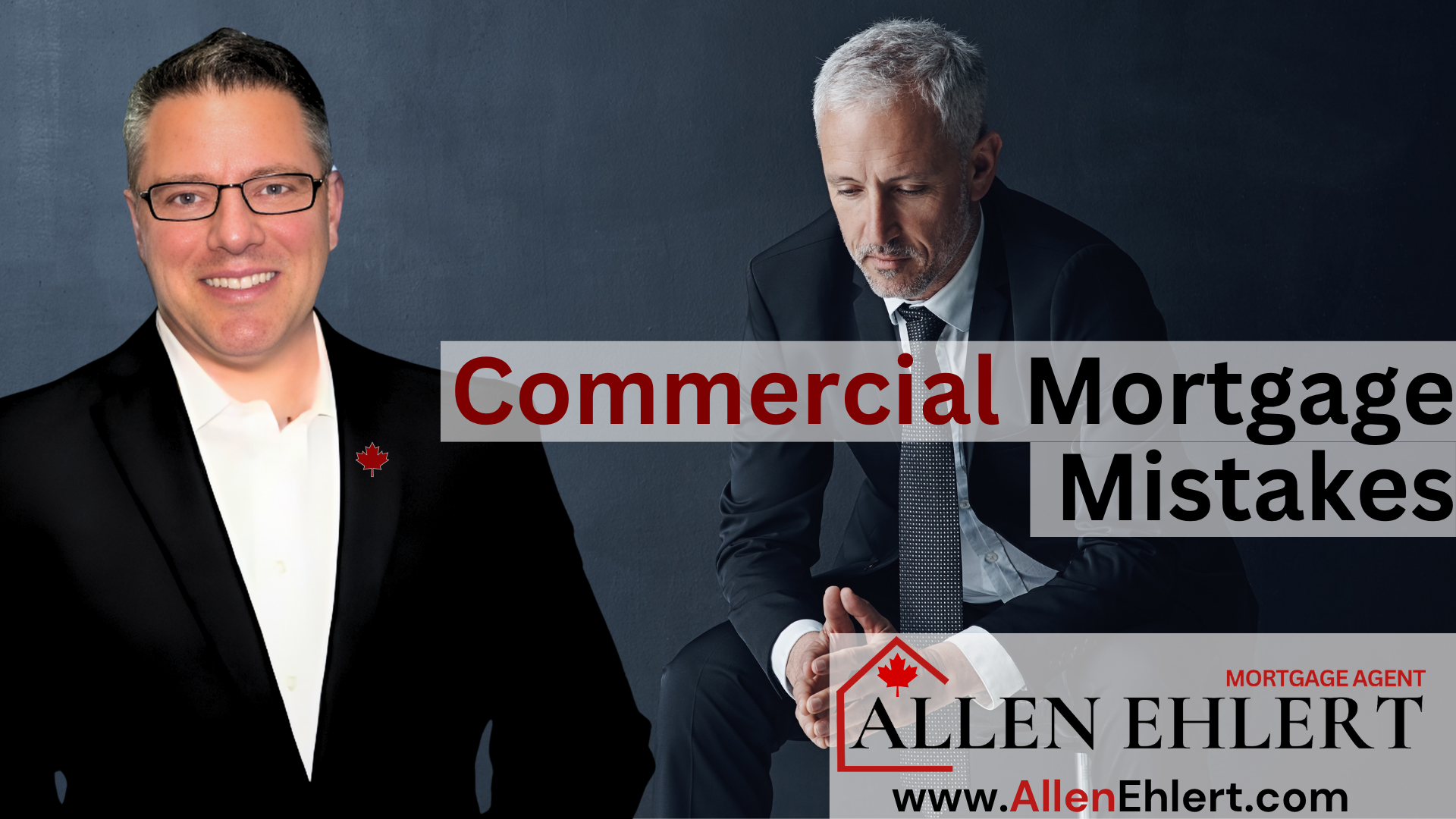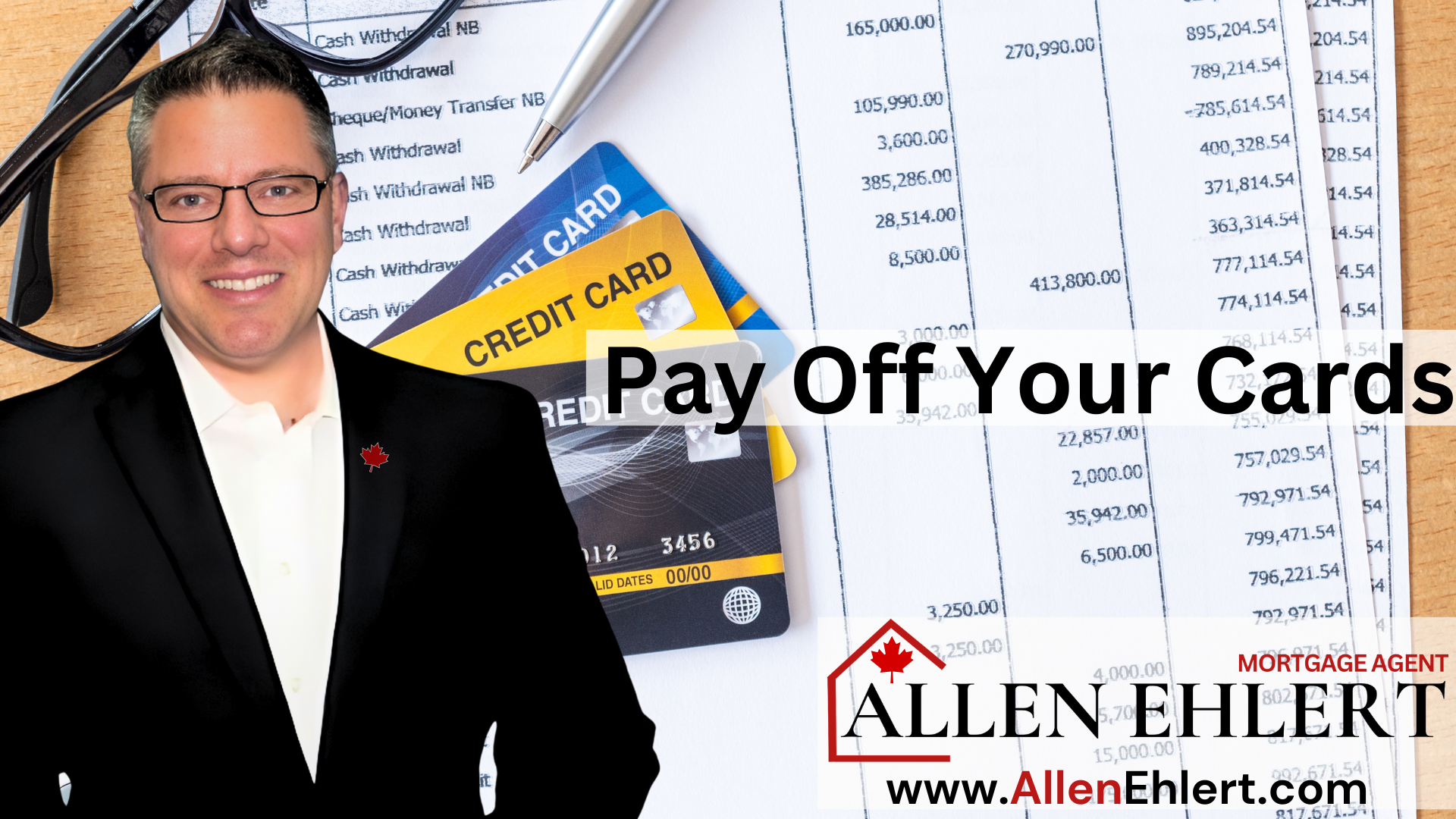Let’s say you’re scrolling through listings or walking by an open house in Toronto or Montreal, and you stumble across a beautiful unit in a charming older building. The price seems suspiciously reasonable. You ask the agent, “Is this a condo?” And they say, “Nope — it’s a co-op.”
Now what?
If you’re like most buyers, the idea of a co-op might raise an eyebrow. You’ve probably heard the term before, maybe in a Manhattan movie — but in Canadian real estate? Not so common. And the truth is, financing a co-op isn’t quite the same as getting a regular condo mortgage. So let’s walk through what makes them different, what lenders look for, and how you can still make it happen if you’ve got your heart set on one.
The Catch: Why Mortgages on Co-ops Are Tricky
3 Types of Co-ops (and Why Only One Gets Financing)
How You Can Get Financing on a Co-op
When It Makes Sense to Go for a Co-op
Bottom Line: Co-ops Are a Niche — But Not Off-Limits
So, What Is a Co-op, Anyway?
A co-op — or housing cooperative — isn’t owned in the same way a condo is. When you buy a condo, you own the unit and a share of the common elements. When you buy into a co-op, you’re buying shares in a corporation that owns the entire building. In return, you get the right to occupy a specific unit.
It’s more like becoming a shareholder in a small business than owning a slice of real estate. That nuance changes everything — especially when it comes to financing.
READ MORE: Ever Consider A Co-Op
The Catch: Why Mortgages on Co-ops Are Tricky
Here’s the big headline: almost all lenders including major banks in Canada won’t finance co-ops — or if they do, the building has to meet some pretty strict criteria. And forget about any private lending. Why? Because technically, you’re not buying real property. You’re buying shares and getting a right to occupy, which can’t be registered on title. Hene the lender has no collateral in real estate in case you default. In short, any financing on a co-op can’t properly be considered a mortgage. That makes it riskier for lenders.
On top of that, many co-ops have internal rules that can scare lenders off — like approval rights for buyers, restrictions on renting, or limits on renovations.
That said, it’s not impossible to get financing on a co-op — you just need to know what you’re getting into and work with a mortgage agent who knows the ropes.
3 Types of Co-ops (and Why Only One Gets Financing)
Not all co-ops are created equal. They generally fall into one of three categories:
- Equity Co-ops
You buy shares and have equity in the corporation. These can be potentially financed, but it depends heavily on the building’s structure, legal status, and lender policies. - Non-Profit Co-ops
Usually subsidized housing. You don’t buy anything — you apply to live there and pay rent. No mortgage required, but also not a purchase. - Limited Equity Co-ops
Share prices are capped to keep the housing affordable. You might still pay “market value,” but you’re limited in appreciation. These are nearly impossible to finance through traditional means.
Pro tip: If the building has a freehold title and the corporation is properly structured, we might be able to find a credit union willing to finance; but even that’s extremely rare.
How You Can Get Financing on a Co-op
Let’s get into strategy. If you’re looking at an equity co-op and need financing, here’s what you should expect:
1. Talk to a Mortgage Agent First
Seriously — before you even make an offer. I’ve seen people fall in love with a unit, then hit a brick wall at the financing stage. Not fun. An experienced mortgage agent (like yours truly) can pre-screen the deal and give you a real answer on whether it’s financeable.
2. Expect to Work With Niche Lenders
They might not advertise this kind of financing, but behind the scenes, I know who to call. And they know how to structure the deal properly — typically using a personal loan secured against other assets or registered with a general security agreement (GSA).
3. Larger Down Payment Required
Most lenders who do consider co-op purchases want 25% to 35% down, minimum. Why? Because if they can’t register a standard mortgage, they need some extra skin in the game from you.
4. The Building Has to Play Ball
The co-op board will usually need to approve you — and sometimes they have to approve your financing terms too. Be ready for a few more hoops and paperwork than you’d face with a condo.
When It Makes Sense to Go for a Co-op
Despite the financing headaches, co-ops can be a great option in certain situations:
- You’re a cash buyer and don’t need financing.
- You want to live in a stable, community-oriented building with longer-term residents.
- You’re looking for lower prices in high-demand areas — co-ops often sell for less per square foot than comparable condos.
If that sounds like you, don’t let the red tape scare you off. With the right planning, it’s absolutely possible to make it work.
WARNING: Ensure you are intending to properly use the Co-Op (ie. Owner occupied)
Bottom Line: Co-ops Are a Niche — But Not Off-Limits
Getting a mortgage on a co-op isn’t impossible — but it is a niche play that requires a bit more finesse. You won’t find co-op financing on your average bank’s mortgage calculator, and most mortgage reps will give you a hard “no” before even digging in.
But that’s where a mortgage agent earns their keep. If there’s a way to finance it, I’ll find it. I’ve built relationships with lenders who understand the structure and can underwrite it creatively — so if you’re serious about buying a co-op, give me a call first.
Let’s make sure the dream unit you found doesn’t turn into a financing nightmare.
Want to explore your options for a co-op mortgage?
Reach out at allen@allenehlert.com or call 905-441-0770. I’ll help you understand your options — and get creative if we need to.



